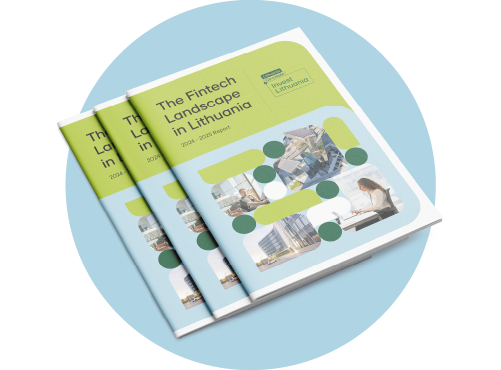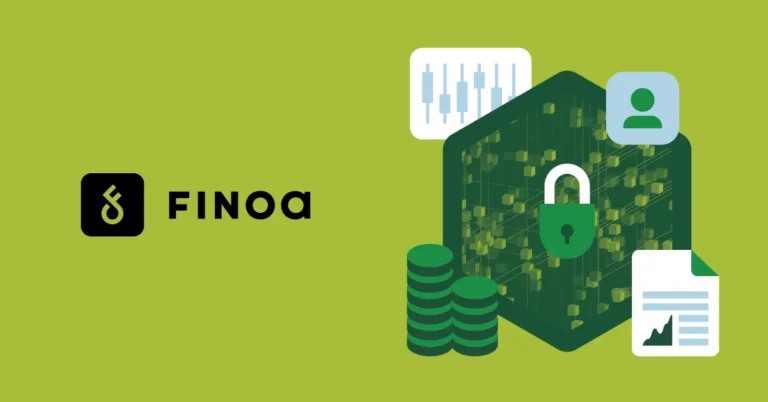Lithuania continues to solidify its position as the EU’s largest fintech hub by license count, with new data showing remarkable resilience and maturity of the sector despite global economic challenges. According to the newly published “Fintech Landscape in Lithuania 2024-2025 Report” by Invest Lithuania, the country’s fintech ecosystem now comprises 282 companies serving over 30 million customers across the European Union.
The report reveals that Lithuania’s fintech talent pool has expanded significantly, with the sector now employing nearly 8,000 professionals – a figure that has doubled in just five years. Looking ahead, the sector shows strong momentum with 70% of surveyed companies anticipating revenue growth in 2025, and approximately 60% expecting double-digit growth.














